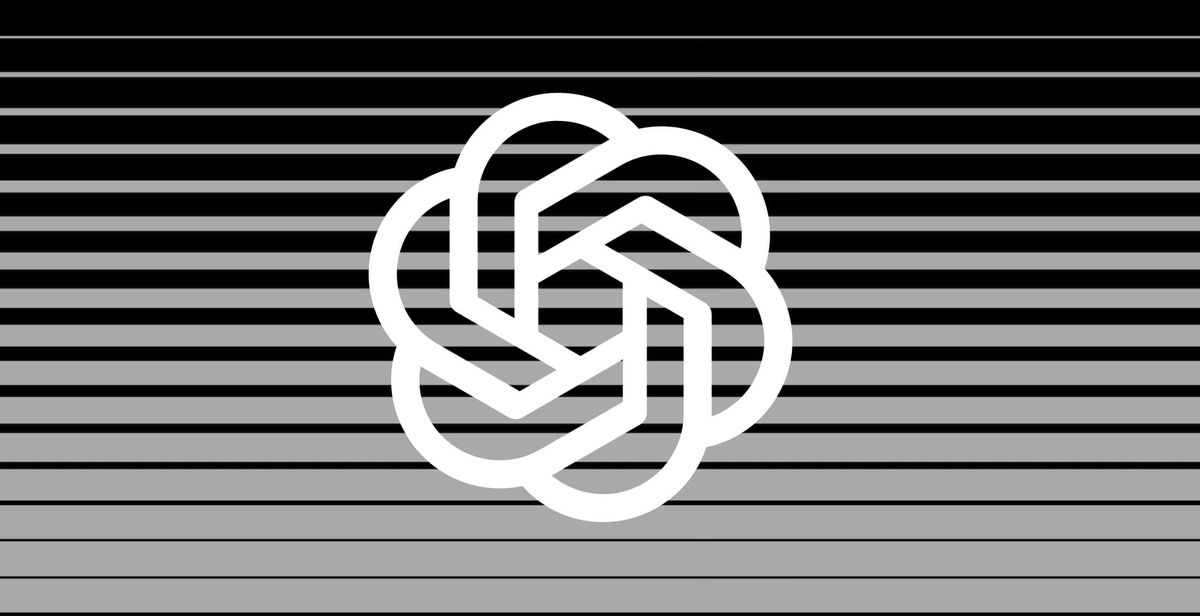
OpenAI, the creator of ChatGPT and renowned for developing cutting-edge AI models, has unveiled GPT-4, their most advanced and powerful system to date. GPT-4 is a multimodal large language model designed to process both text and image inputs, generating textual outputs accordingly.
Surpassing its predecessor, GPT-3.5, which made waves in natural language processing upon its release in September 2021, GPT-4 boasts more than twice the number of parameters, totaling 400 billion. To enhance its multimodal understanding and generation, GPT-4 integrates additional data sources, including images. According to the company, GPT-4 is "more creative and collaborative than ever before" and "can solve difficult problems with greater accuracy."
Though GPT-4's improvements over GPT-3.5 may seem subtle in casual conversation, its performance enhancements are evident across various tests and benchmarks, such as the Uniform Bar Exam, LSAT, SAT Math, and SAT Evidence-Based Reading & Writing exams. GPT-4 scored in the 88th percentile and above on all these exams.

OpenAI has partnered with several companies, including Duolingo, Stripe, and Khan Academy, to integrate GPT-4 into their products. The new model also powers Microsoft's new Bing chatbot. The general public can access the model through ChatGPT Plus, a $20 monthly subscription, and developers can join a waitlist for GPT-4's API.
OpenAI's GPT models have come a long way since the publication of the original GPT research paper in 2018. Despite initial concerns about the potential misuse of these models, GPT-3.5's release via ChatGPT in late 2022 has led to widespread adoption and a surge in AI-powered applications. As a result, the education system and online platforms are grappling with challenges posed by AI-generated content
To improve GPT-4's safety and alignment, OpenAI spent six months incorporating lessons from its adversarial testing program and ChatGPT feedback. Consequently, GPT-4 is less likely to generate harmful or inaccurate responses than its predecessor.
GPT-4 is 82% less likely to respond to requests for disallowed content and 40% more likely to produce factual responses than GPT-3.5 on our internal evaluations.
Nonetheless, OpenAI recognizes that GPT-4 is not without flaws and encourages users to report any issues via its open-source framework, OpenAI Evals.
While GPT-4 represents a significant milestone in AI research and development, it also raises critical ethical and societal questions regarding the impact and consequences of such powerful systems. Key concerns include GPT-4's usage, regulation, access, and control, as well as the potential risks and benefits of deploying it across various domains and applications. In our upcoming series, we will delve deeper into these questions and provide updates and insights into the fascinating world of GPT-4. Stay tuned for more.

